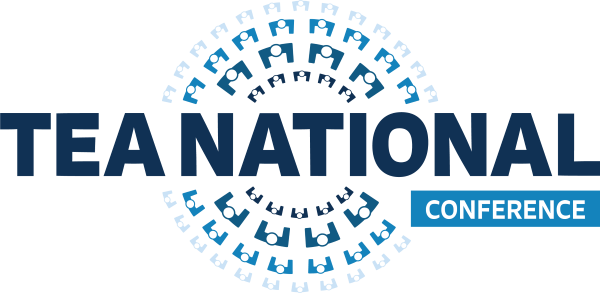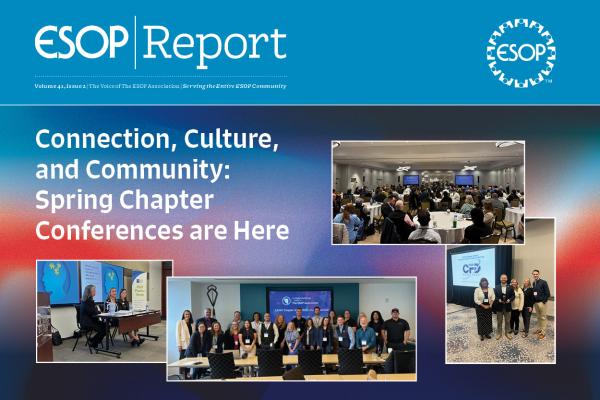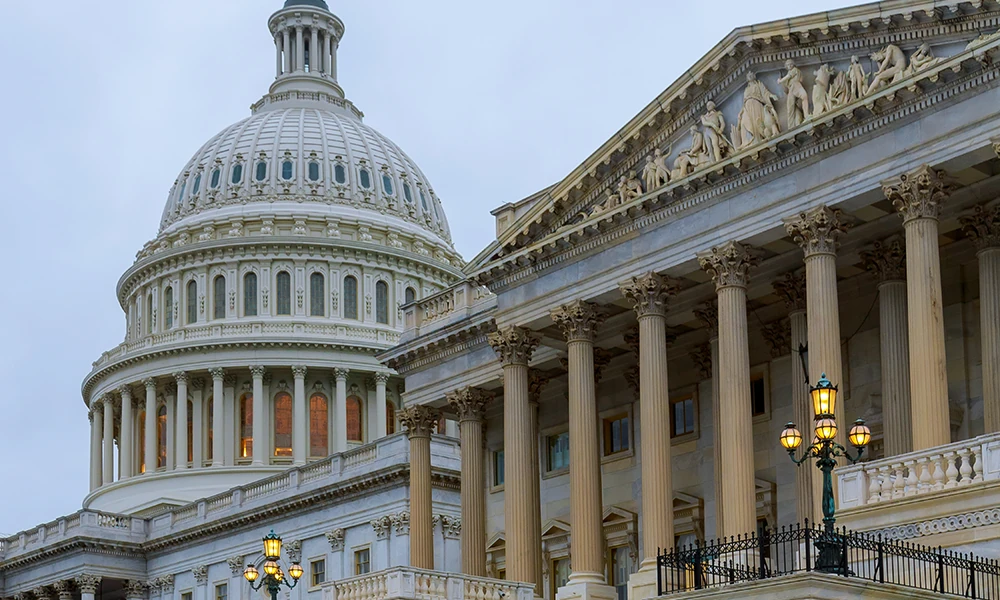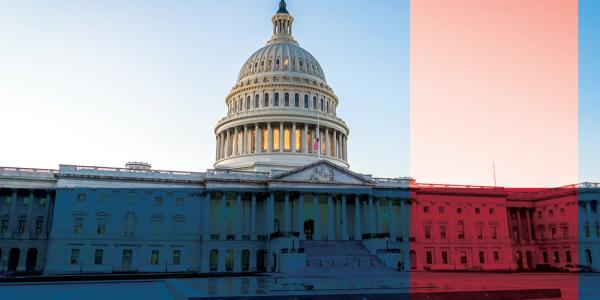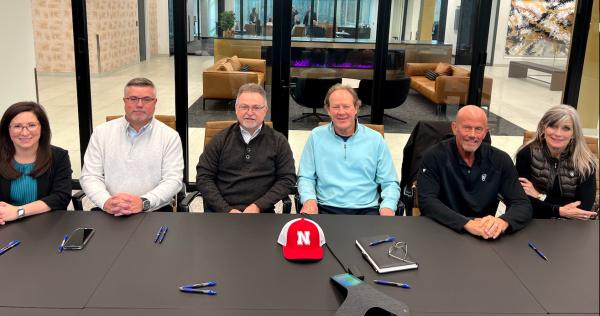Ian MacFarlane is the president and CEO of EA Engineering, Science, and Technology, Inc., PBC, an environmental consulting firm. The firm is 100 percent owned by employees through an ESOP, and it is also a public benefit corporation, following a period of being publicly traded and then privately held since 2001. MacFarlane expressed concerns about the approach by private equity into the ESOP space in May of 2022, in an interview with Fifty by Fifty.
Back in 2022, when I was first approached by a colleague about the entrance of private equity into employee ownership, via the Ownership Works organization, I was admittedly skeptical. My concerns then were largely centered around the cultural clashes between private equity and employee ownership. Part of that clash was internal, as I described our company (not unlike many others) as a “living organism” and an “ecosystem”, a culture I feel is in sharp contrast to private equity. Part of that skepticism was also external, in that ESOPs are a very specific and regulated plan, which is also in contrast to the unregulated private equity industry.
Frankly, today my skepticism feels justified.
This movement from private equity has grown, producing media stories, supporters, and spawning another organization named “Expanding ESOPs.” Many in the ESOP community have found common cause with the PE firms promoting this effort, perhaps through a sincere belief that this new initiative is benign or even beneficial to growing the ranks of “employee ownership.” The Expanding ESOPs’ website is colorful and appealing, and its LinkedIn has posted testimonials from employee owners at 100% ESOP-owned companies. But what is Expanding ESOPs’ actual agenda? There is no specific policy proposal on the website, but their first “Core Principle” is telling: tax incentives. My understanding is that the core of the Expanding ESOPs effort is tax credits for investors in return for giving a limited financial stake for employees, paid out if (and only if) the company is successfully sold to its next owner. The Core Principles indicate that these new entities should be largely exempt from Employee Retirement Income Security Act of 1974 (ERISA), which is what makes ESOPs retirement vehicles and protects employees.
To me, private equity is the antithesis of employee ownership. PE represents ownership by a few wealthy owners with a short-term investment horizon and very little transparency. ESOPs are the exact opposite: they represent ownership by all rank-and-file employees together, with the longterm investment view and financial openness that results from being a retirement plan.
My closing question from 2022 remains, and restated here: “The PE money looking for a profitable home, the professional investors, they will likely do just fine, but at whose expense?” I believe that it’s clearer than ever these new proposals are a financial perk, not a commitment to real employee ownership.


